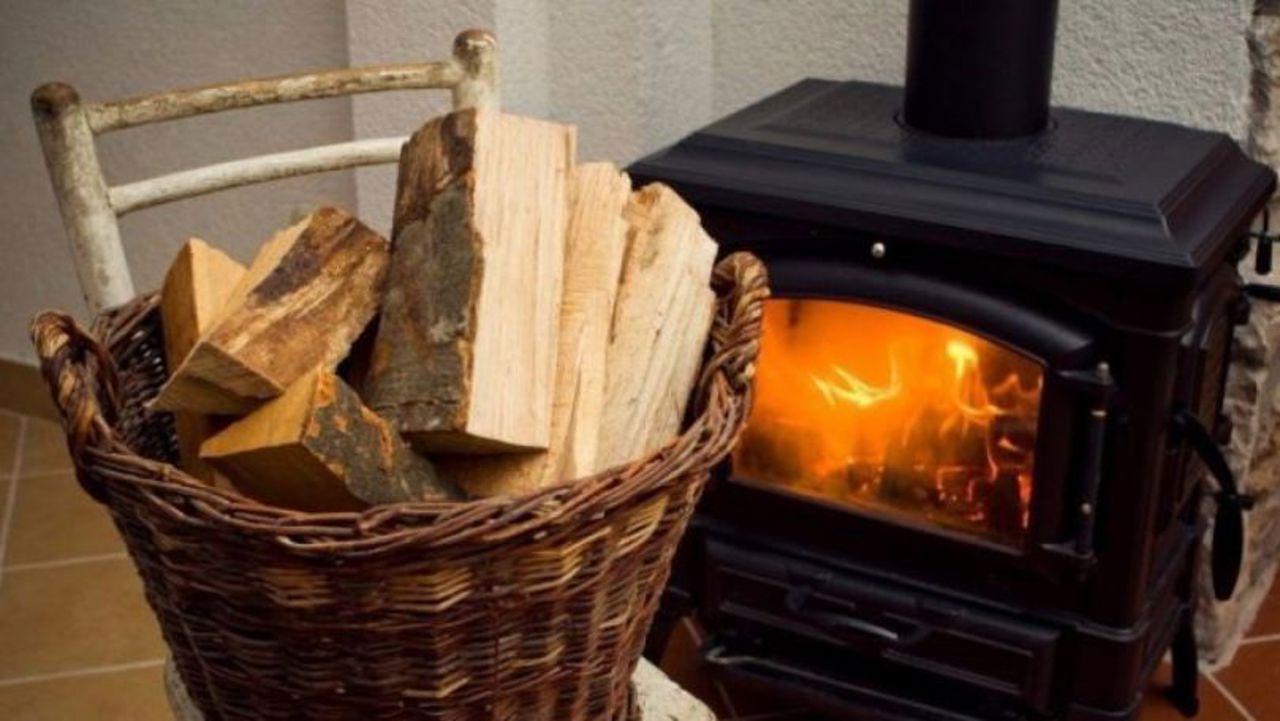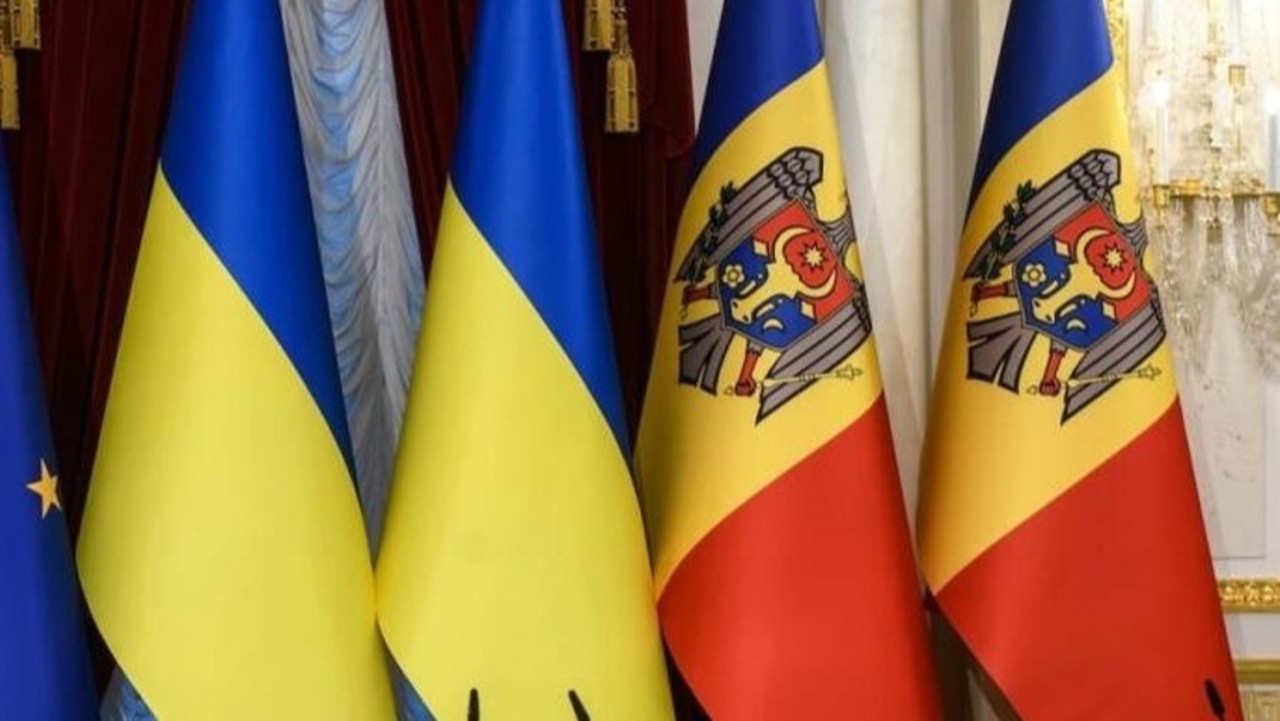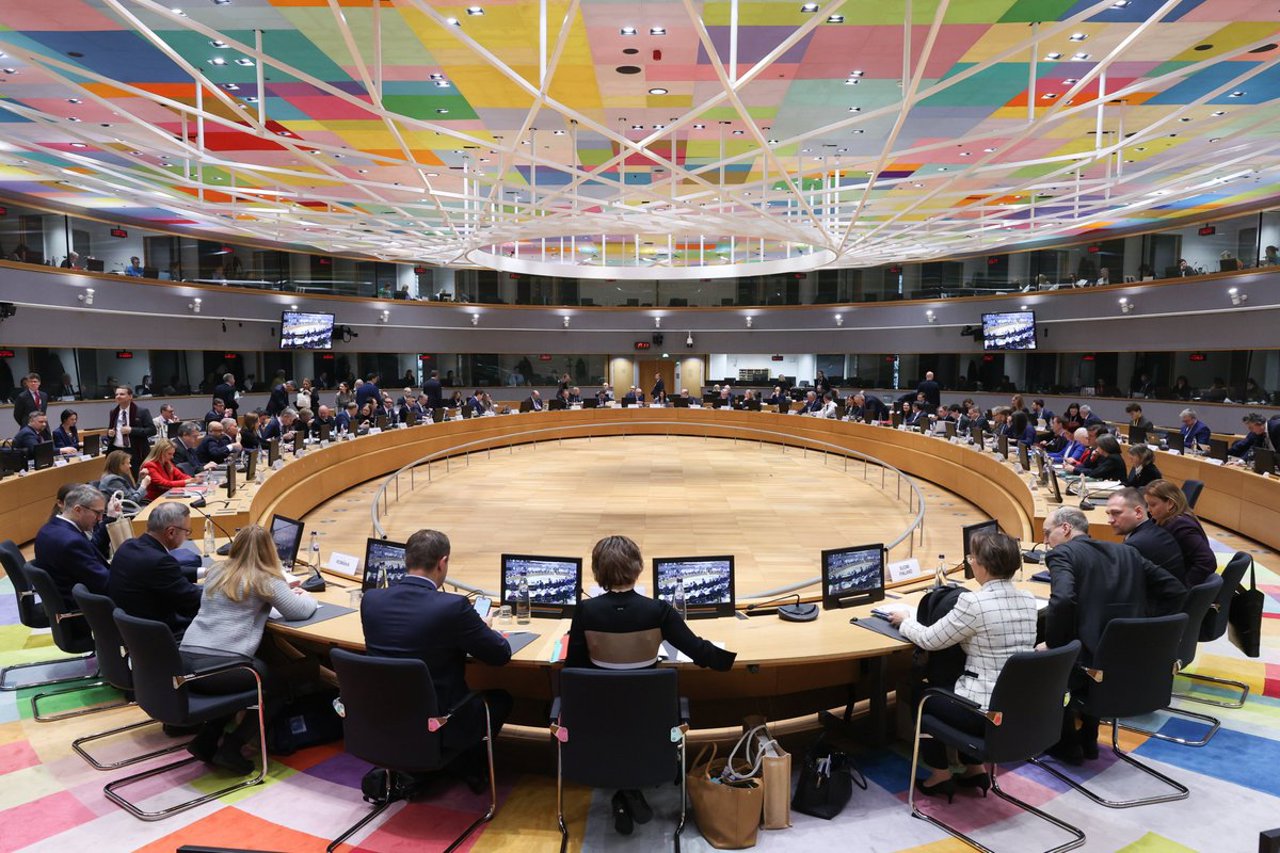Moldova faces energy crisis as gas disconnections continue
Amid an ongoing energy crisis in Moldova, large-scale disconnections of gas, hot water, and thermal energy continue in many localities on the left bank of the Dniester, including areas within the Security Zone.

Citizens, including those in these regions, woke up to cold homes and no hot water after Gazprom halted natural gas deliveries. While many people are doing their best to cope, the authorities in Chișinău have expressed solidarity and are working on alternative solutions.
The de facto administration in Tiraspol has reported that 131 schools, 147 kindergartens, and 130 "administrative" buildings have been cut off from centralized heating systems. Tiraspoltransgaz disconnected 74,900 customers from gas, including households, with another 116,000 receiving reduced amounts, particularly in multi-story buildings using gas stoves.
Gas cuts were also imposed on households in areas controlled by Moldova’s constitutional authorities, including Varnița, Cocieri, Corjova, Coșnița, Doroțcaia, Molovata Nouă, Pârâta, Pohrebea, Vasilievca, Copanca, Hagimus, and Fîrlădeni. On December 28, Tiraspoltransgaz had already cut off several public institutions in these regions, including schools, hospitals, and cultural centers. The Bender-based prisons No. 8 and No. 12, along with police and prosecutor's offices, were also deprived of thermal energy.
"We’ve been disconnected since 4 AM. The teams operate as the NKVD did back in the day. They come, shut everything down, and seal it. They started with Camenca, Rîbnița, Grigoriopol, and Slobozia. Tiraspol will be half-disconnected, especially the private sector. In Corjova, gas was already off at 7:30 AM. Operational brigades from Gaz-Dubăsari went to disconnect systems linking 10-15 homes," said Iurie Coțofană, a war veteran from Corjova, Dubăsari.
He adds that, for now, there’s no panic, and people are trying to manage however they can. "At my mother's place, we have electricity and an electric stove. We also have a stove with firewood. We heat the bathroom and room. I made sure to clean the stove. There’s enough wood. My son lives in an apartment in Dubăsari, and he said he’ll use air conditioners as long as there’s electricity."
Some locals, manipulated by regional media, joke about the crisis and blame Chișinău authorities. "People joke about it, there’s no panic, just some disgust. But there’s a very dirty propaganda campaign against Moldova’s government, blaming them. As always, people believe everything they see and hear," Coțofană adds.
Chișinău remains committed to supporting those affected and is working on alternative solutions. "We stand in solidarity with those impacted and believe Russian blackmail in the Transnistrian region must end," said Daniel Vodă, spokesperson for the Moldovan government.
Russian energy giant Gazprom notified Moldovagaz, its majority shareholder, that it would suspend natural gas deliveries starting at 7 AM on January 1. Gazprom cited Moldova’s refusal to pay alleged historical debts as the reason for this significant violation of the existing contract. The Russian company did not specify how long the suspension would last but suggested that the decision could be revised and that Moldovagaz would be notified.
Gazprom had previously conditioned the delivery of natural gas on Moldova settling its alleged historical debts to Moldovagaz, which the Russian company claims exceed $700 million. Moldova rejects this claim, stating that the debt is expired based on an audit of Moldovagaz, an audit that Gazprom refuses to accept.
Translation by Iurie Tataru





